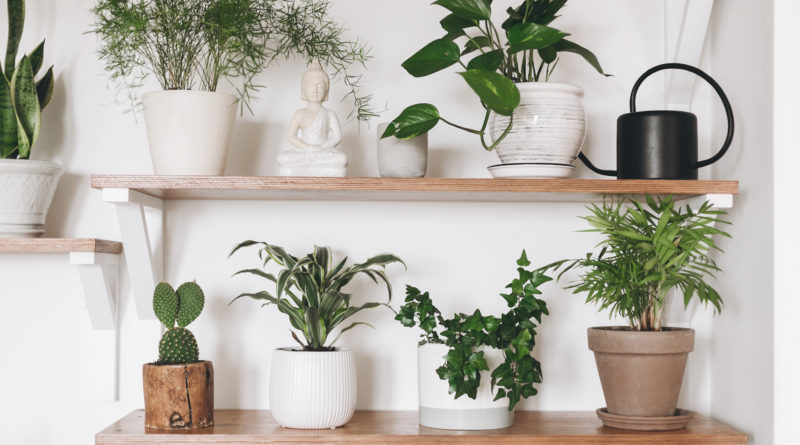How to Make a Houseplant Live Longer
623 total views, 1 views today
The cold season is right around the corner. Less warmth and sunshine could mean trouble for your indoor plants. If you’re looking for some tips on keeping your plants alive through the winter and maintaining healthier plants year-round, keep reading.
Do careful research
Be attentive and observant. Every species of plant is different and has different needs. The better you understand your plants’ needs, the healthier they’ll be. If your houseplant prefers direct or indirect sunlight, be aware of that. Your plant will show if it is in need. Find out if your plant prefers its soil moist or dry.
Write in a gardening journal
When taking care of a plant, have a notebook handy for keeping data on your plants’ health in contrast to your regimen of care. When you buy a plant, copy its likes and dislikes from an online source to your notebook. Write out how much you’re watering them and how they’re looking.
If you begin to see negative changes, then change how you’re caring for the plant. When you see positive changes, you’ll know you’re on the right track. Be sure to take notes through all of it so you can reference them in recurring situations. Every scenario is different, and every plant has different needs. Be thorough in your research concerning every one.
Keep them safe
Hang your plants securely and make sure that pots on shelves are in low-traffic areas. You can be as meticulous as you’d like with your watering and sunlight schedule, but if you knock your plant off a shelf or it falls from poorly hung ceiling hooks, none of that will matter. When you’re hanging plants, do so carefully and make sure they’re sturdy. Be mindful of your surroundings when you’re in your plants’ space to prevent knocking them over in a moment of clumsiness.
Buy succulents
Some plants have an easier time surviving seasonal changes. Succulents like aloe, snake plant, philodendron, and cacti are hardier and can withstand the cold and the dry heat. Succulents are tough in the heat and can withstand dry soil, but they’re susceptible to overwatering and frost. Be sure to let them relax in their dormant season. These sturdy plants can handle irregular waterings and are perfect for beginners.
Use fertilizer
Fertilizers usually contain three vital macronutrients: nitrogen for foliage growth, phosphorus to promote root growth, and potassium for healthy blooms. Some fertilizers contain micronutrients like manganese, boron, and magnesium. Look for a plant fertilizer labeled for the plant you’re growing or simply “indoor.” Try using fertilizer to bolster your plants’ immune system and help them grow stronger, faster.
Prevent pests and disease
Be on the lookout for illness and bugs taking refuge in your plants. If bugs or sickness can get a hold of one of your plants, they’ll try to attack the others. Sequester infested or sick plants from the rest of the group while they’re fighting back the infestation. If wiping the bugs or fungus off your plant doesn’t work, try oil-based insecticides and plant antifungal spreads.
Have you used any of these tips to grow a healthy houseplant? Do you have any plant advice that wasn’t mentioned? Sound off in the comments!

